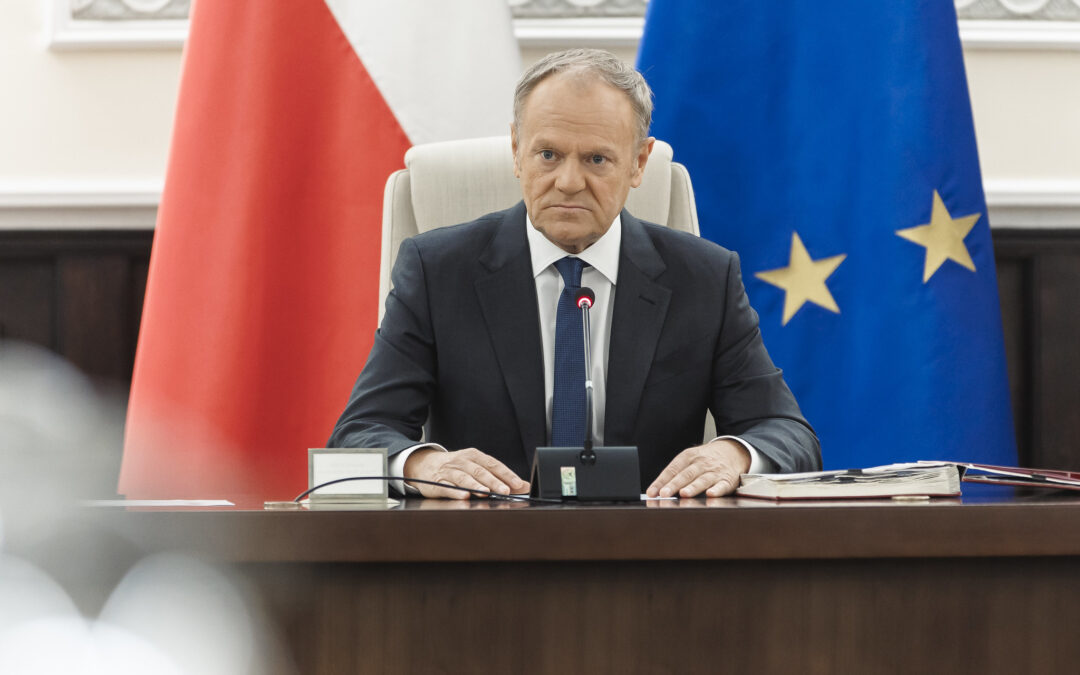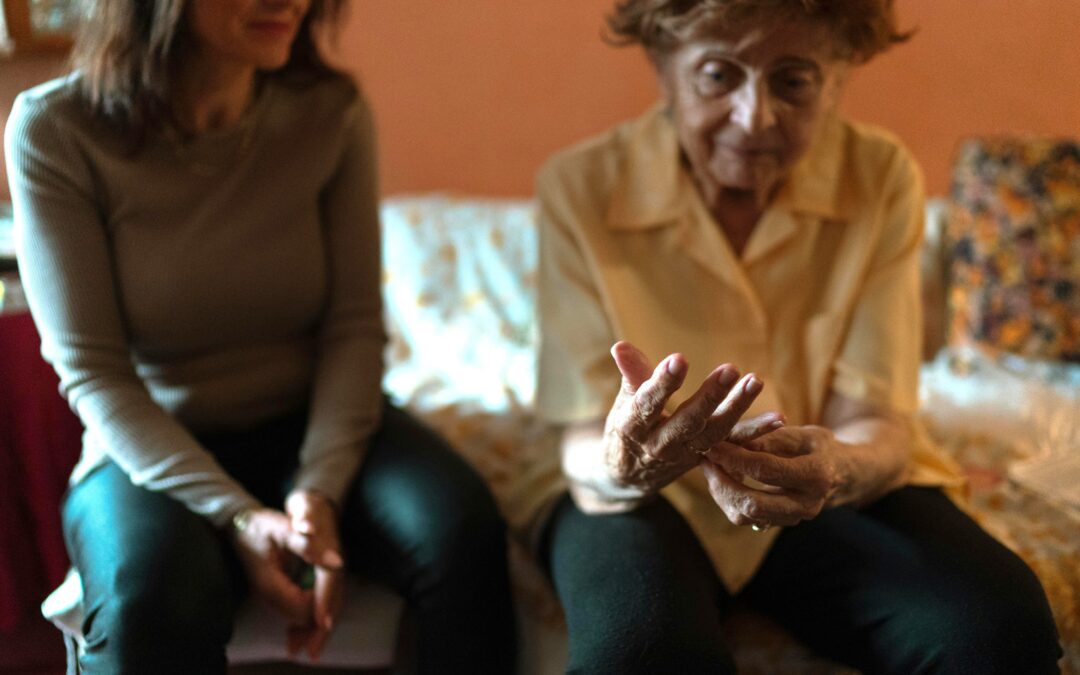Poland’s Supreme Medical Chamber (NIL), the body that represents the country’s doctors, has called on health minister Adam Niedzielski to immediately withdraw a new rule he introduced this week limiting the number of prescriptions individual doctors can issue to 300 per ten hours.
The measure was part of an effort to clamp down on so-called “prescription factories” that sell large numbers of prescriptions online. However, NIL says that, while it supports efforts to regulate such businesses, the new rules have left some patients, especially the elderly and seriously ill, unable to receive vital medicines.
Samorząd lekarski stanowczo protestuje przeciwko ograniczaniu praw pacjentów do świadczeń opieki zdrowotnej i arbitralne ustalanie sposobu w jaki lekarz może używać narzędzi takich jak e-recepta, żeby świadczyć pomoc chorym. Domagamy się również niezwłocznego wycofania się z… pic.twitter.com/t86PgcPpGl
— Naczelna Izba Lekarska (@NaczelnaL) July 5, 2023
On Friday, Niedzielski announced that he would soon be introducing the new measures to limit doctors to issuing at most 300 prescriptions to 80 patients per ten hours.
He said that his ministry had identified ten doctors who had issued between 100,000 and 400,000 prescriptions in the space of a year – that is, between 275 and 1,100 per day on average. In two cases, there is a suspicion that drugs prescribed without examination of the patient led to their death.
So-called “e-prescriptions”, issued electronically, have been available in Poland since 2018 and in 2020 replaced traditional paper prescriptions completely.
“Drastic action is necessary…against doctors who behave unethically and put the health and lives of patients at risk,” said Niedzielski, who added that he had regularly appealed to NIL to take action on the issue.
🗨️ Drastyczne działania są konieczne – stąd zawiadomienie do prokuratury i wprowadzane ograniczenia. Nieustannie apeluję do @NaczelnaL o podjęcie działań wobec lekarzy, którzy zachowują się w sposób nieetyczny i narażają zdrowie i życie pacjentów.
— Ministerstwo Zdrowia (@MZ_GOV_PL) June 30, 2023
On Friday, Niedzielski did not say when the new limits would be introduced, but some doctors found that they were already in place on Monday.
On Wednesday, the minister announced that, within the first two days, 282 doctors had sought to exceed the limit of 300 prescriptions to 80 patients within 10 hours. “Most of them are employees of the so-called prescription factories,” said Niedzielski. “The record holder wanted to issue 60,000 in two days.”
W 2 dni 283 lekarzy próbowało przekroczyć granicę 300 recept dla więcej niż 80 pacjentów w ciągu tylko 10h swojej pracy. Większość to pracownicy tzw receptomatów. Rekordzista chciał wystawić w dwa dni 60 tys. recept. Czy to jeszcze medycyna czy już tylko biznes. #ZdrowieNieBiznes
— Adam Niedzielski (@a_niedzielski) July 5, 2023
However, a number of doctors who do not work for such businesses reported hitting the limit while issuing in-person prescriptions to their patients, reports the Gazeta Wyborcza daily.
Because e-prescriptions are issued individually for each drug prescribed – meaning a single patient can receive a number of them – and because some patients, especially the elderly, can require a dozen or so medications, the limit of 300 can easily be exceeded by some doctors, notes the newspaper.
“It all depends on the type of work: where does the doctor see patients, how many do they have, are these patients elderly, is there an infectious season, for example? Such limits are a poor idea to combat drug peddling,” Violetta Fiedler-Łopusiewicz, a general practitioner, told Gazeta Wyborcza.
Doctors also complain that they do not know when they are approaching the limit if they do not count the prescriptions they issue. The system simply blocks their ability to issue the 301st prescription without warning.
“The current limits restrict doctors’ right to practise and are dangerous for patients,” said Bożena Janicka, a doctor and head of the Healthcare Employers’ Agreement, adding that her organisation will ask the health ministry to unblock the limits. They will also ask the patients’ rights commissioner to intervene.
Limit na recepty błyskawicznie wprowadzony. Pierwsze poradnie odprawiają chorych z kwitkiem #wyborcza https://t.co/T5K0oNWSEX
— Gazeta Wyborcza.pl (@gazeta_wyborcza) July 5, 2023
The health minister argues, however, that he had to introduce the limits because NIL is “unable to get rid of its black sheep” by itself.
In mid-April, the health ministry sent a list of doctors who, according to Niedzielski, “repeatedly…break the law by issuing these prescriptions without examining patients, and they do it wholesale”. The final list included 29 doctors.
But NIL rejects these allegations, saying that all cases have been referred to the relevant district medical chambers and some doctors have already been charged.
Meanwhile, they add that it is unclear on what legal basis the decision to introduce limits was taken and allege that the ministry had ignored their previous suggestions to regulate the businesses offering prescriptions online.
Among the proposals put forward by NIL is for prescriptions to be issued online only to patients who have had their first visit to the doctor in person or, in some areas, such as psychiatry, by using real-time video and audio tools.
“However, these proposals have never been discussed, let alone implemented,” NIL president Łukasz Jankowski said in an open letter to Niedzielski.
Hospitals and the human rights commissioner have raised concerns over shortages of some medicines in Poland, including antibiotics.
“We have supplies for a few days, but what happens after that, I don’t know,” says one doctorhttps://t.co/r7MuenI55v
— Notes from Poland 🇵🇱 (@notesfrompoland) July 5, 2023
Main image credit: Pavel Danilyuk / Pexels

Alicja Ptak is deputy editor-in-chief of Notes from Poland and a multimedia journalist. She has written for Clean Energy Wire and The Times, and she hosts her own podcast, The Warsaw Wire, on Poland’s economy and energy sector. She previously worked for Reuters.




















